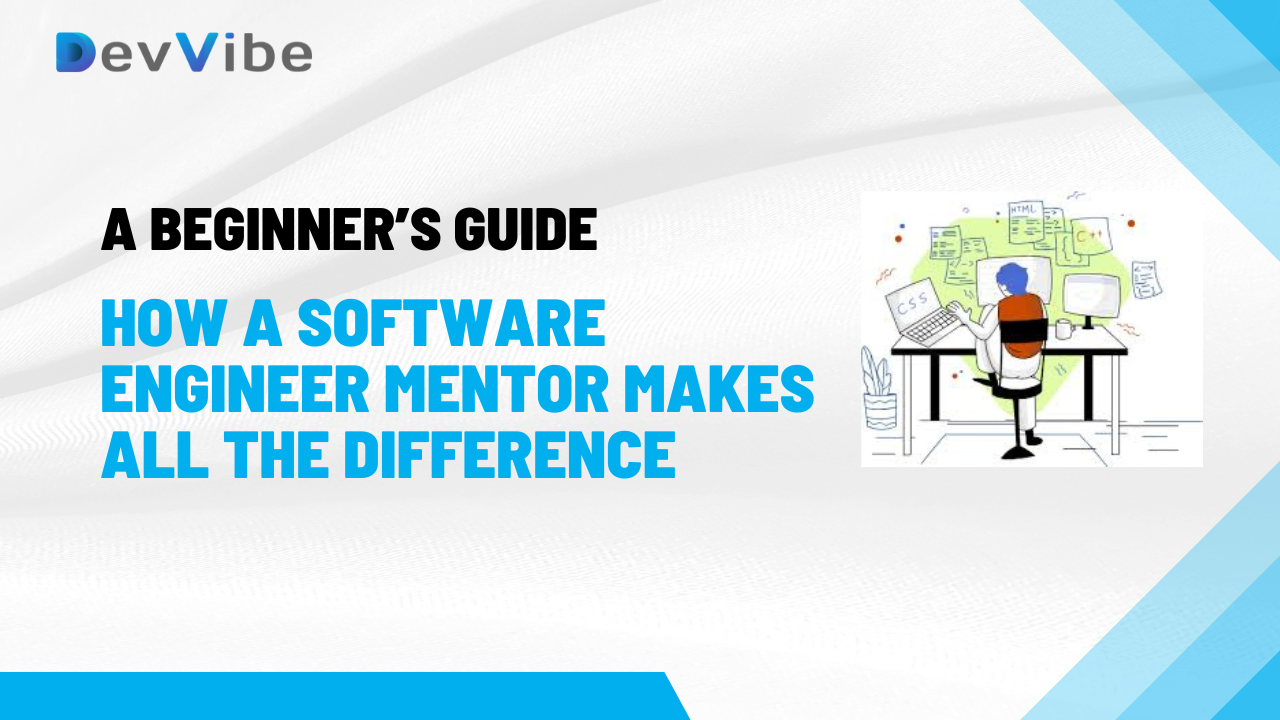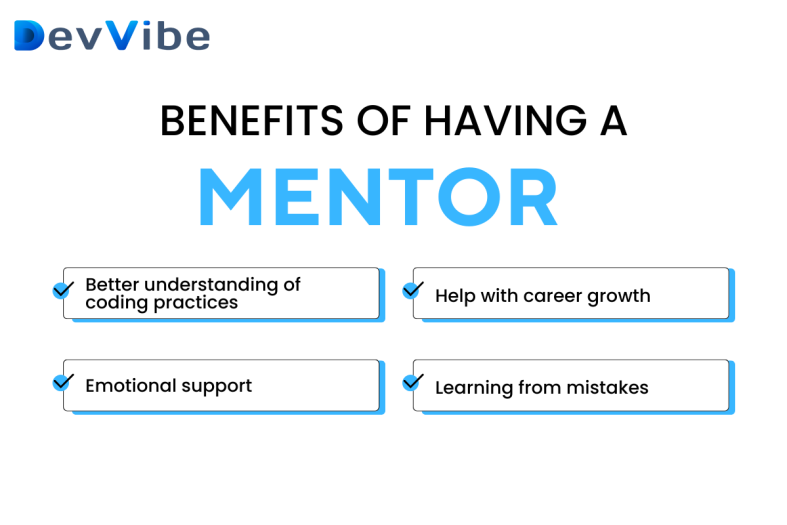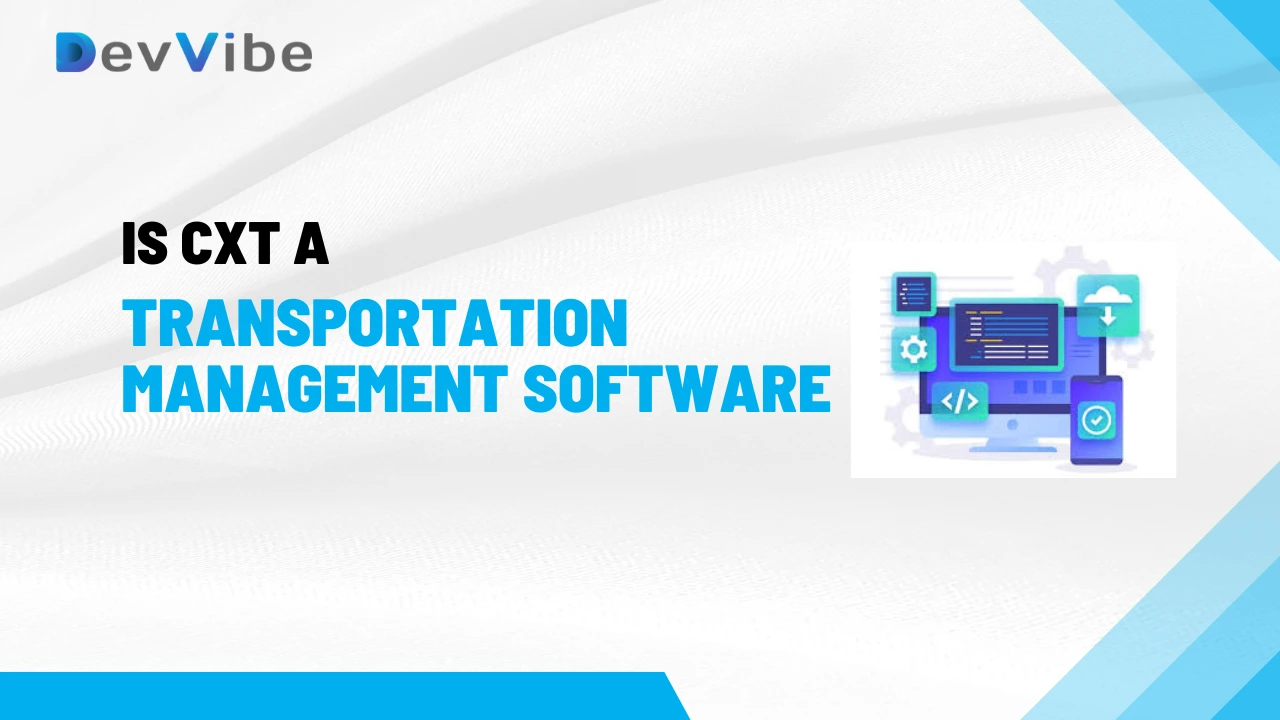
How a Software Engineer Mentor Makes All the Difference: A Beginner’s Guide
Why Mentorship Matters in Software Engineering
Entering the world of software engineering can be challenging, especially for beginners. The field is filled with complex coding languages, new tools, and industry jargon that can be overwhelming. That’s where having a mentor becomes incredibly valuable. A software engineer mentor doesn’t just teach technical skills; they offer guidance, support, and confidence. In this guide, we’ll explore how a mentor can help you grow as a software engineer, highlighting what mentorship means, how to find a mentor, and how to make the most of this special relationship.
1. What Is a Software Engineer Mentor?
A software engineer mentor is an experienced professional who supports and guides you through your management software engineering journey. They typically have years of experience in programming, debugging, designing systems, and working in teams. Unlike a teacher who follows a set curriculum, a mentor tailors their advice and guidance to fit your unique needs and goals.
Key Qualities of a Good Mentor:
- Experience in the software engineering field.
- Patience to explain complex concepts in simple ways.
- Good listening skills to understand your questions and concerns.
- Encouragement to help you grow confidently in your abilities.
2. Why Having a Mentor Makes a Big Difference
A mentor provides more than just answers to questions—they offer perspective, wisdom, and encouragement. In software engineering, this can make a world of difference for a beginner who may feel unsure or overwhelmed by technical challenges.
Benefits of Having a Mentor:
- Better understanding of coding practices: They teach you efficient coding habits that improve your problem-solving abilities.
- Help with career growth: A mentor can advise you on networking, resume building, and job searching.
- Emotional support: A mentor’s encouragement keeps you going when things get tough.
- Learning from mistakes: A mentor shares their past mistakes, helping you avoid similar issues.
3. Skills a Mentor Can Help You Develop
The journey of becoming a successful software engineer goes beyond just learning code. There are several important skills that a mentor can help you develop:
a) Technical Skills
Mentors guide you through the technical side of software engineering, which includes:
- Coding standards and best practices: Writing clean, efficient code.
- Debugging: Finding and fixing errors quickly.
- Tools and frameworks: Familiarize you with tools commonly used in the industry, such as Git for version control or Docker for containerization.
b) Problem-Solving Skills
Problem-solving is at the heart of software engineering. Mentors teach you how to:
- Break down complex problems into smaller, manageable tasks.
- Approach problems from multiple angles.
- Use logical thinking and creativity in finding solutions.
c) Soft Skills
Communication and teamwork are essential in almost every tech environment. A mentor can help you develop soft skills, such as:
- Communication: Explaining technical topics to both technical and non-technical team members.
- Collaboration: Working effectively with others, sharing ideas, and giving constructive feedback.
4. How to Find a Software Engineer Mentor
Finding a mentor may sound difficult, but there are several ways to connect with experienced engineers willing to share their knowledge. Here are a few steps to help you find the right mentor:
a) Leverage Networking Events and Meetups
Networking events, tech conferences, and local meetups are great places to meet software engineers. Look for events where professionals discuss coding, technology, or specific programming languages.
b) Use Online Platforms
Many online communities connect mentors with mentees. Sites like LinkedIn, Reddit, or Stack Overflow are valuable resources for contacting experienced software engineers. You can also look into platforms that specialize in mentorship, such as MentorCruise or Coding Coach.
c) Reach Out in Your Workplace or School
If you’re already in a job or studying, ask colleagues or professors if they know someone who might be interested in mentoring. You may find an experienced developer willing to guide you within your own circle.
5. What to Look for in a Mentor
Not every experienced engineer is a good mentor. When choosing a mentor, consider qualities that align with your goals and learning style.
- Patience and Positivity: A good mentor should be understanding and patient, especially when you’re learning something new.
- Relevant Experience: Seek a mentor with experience in areas that interest you, such as web development, data science, or mobile apps.
- Open Communication: Mentors should be approachable, willing to answer questions, and able to explain things in a way that makes sense to you.
6. How to Get the Most Out of Your Mentorship
Once you have found a mentor, it’s important to make the most out of this relationship. Here are some tips to help you get the most from your mentor’s guidance.
a) Set Clear Goals
Before your first meeting, think about what you want to achieve with your mentor. Clear goals help both you and your mentor stay focused and measure progress.
b) Come Prepared
Bring specific questions or topics to each session. This shows respect for your mentor’s time and helps you get answers to the things you’re struggling with most.
c) Take Feedback Positively
Mentors give honest feedback which can sometimes be hard to hear. Embrace this feedback as a chance to grow and improve your skills.
d) Reflect on What You’ve Learned
After each session, take time to reflect on what you learned and how you can apply it. Reviewing your notes and working on assigned tasks shows dedication and leads to faster improvement.
7. Common Mentorship Myths
Some beginners believe that mentorship is only for struggling students or that it requires a lot of time and money. Here are a few common myths debunked:
- Myth 1: “Mentorship is only for beginners.”
Reality: Even experienced engineers seek mentorship for career advancement and skill refinement. - Myth 2: “You need a formal mentorship program.”
Reality: Many mentorships are informal and can happen over coffee, video calls, or quick online chats. - Myth 3: “Mentorship takes up too much time.”
Reality: A good mentor understands time constraints and will set meetings at a frequency that works for both parties.
8. The Long-Term Impact of Having a Mentor
The support of a mentor can have long-term benefits for your career. Mentorship helps you:
- Build a professional network.
- Learn faster and more efficiently.
- Gain the confidence to tackle bigger projects and roles.
- Develop a mindset for lifelong learning.
Conclusion
Starting your journey as a software engineer can be challenging, but a mentor can make it a lot smoother. A mentor helps you beyond just coding skills; they guide you through problem-solving, career choices, and professional growth. Whether you’re just beginning or looking to refine your skills, having a mentor can provide the motivation and direction you need to succeed. Take the time to seek a mentor who aligns with your goals, and be open to learning from their experiences. A mentor can truly make all the difference in your journey as a software engineer.








